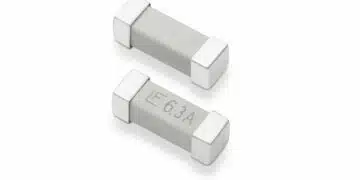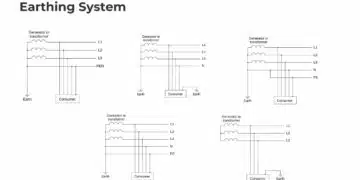Kemet video introducing tantalum polymer capacitors with extended capability under high temperature and moisture environment suitable for automotive applications.
A few years ago, Kemet introduced the first automotive tantalum polymer capacitors, T598 series. It was no small feat bringing polymer technology to the automotive space. The very high volumetric efficiency of our technology allows for fitting a significant amount of capacitance in a small space.
Polymer technologies also bring with them stability and reduced losses, both of which are necessary to make electrically robust and efficient systems. Bringing such electrical advantages to the stringent requirements of the automotive market was a challenge to be sure. The story of automotive polymer doesn’t end there. Being a trusted supplier of automotive components means continually pushing the envelope, including that of temperature.
Automotive mission profiles will continue to extend, especially as autonomous technologies start to take hold. The nature of our transportation needs means that systems will start seeing increasing duty cycles and extended “up” times. Automotive powertrains and control units are requiring elevated levels of reliability.
It is for that reason that Kemet has extended the overall robustness and reliability of our automotive polymer offering by extending the 150ºC maximum operational temperature. All the while keeping the extreme harsh environmental capability of 85ºC/85%HR at rated voltage up to 2,000 hours. Regardless of which level of self-driving vehicles, the amount of electronics in cars in ever increasing. So much so that some cars are more akin to supercomputers on wheels.
The overall usable space of electronics in a car, however, is not increasing. That means that the density of electronics in increasing. It is for this reason that we have launched a series of automotive grade polymer capacitors with reduced case sizes to satisfy the needs of highly dense electronic systems. Volumetric efficiency allows these small case size polymer capacitors to possibly serve as space-saving alternatives to other energy storage options.































